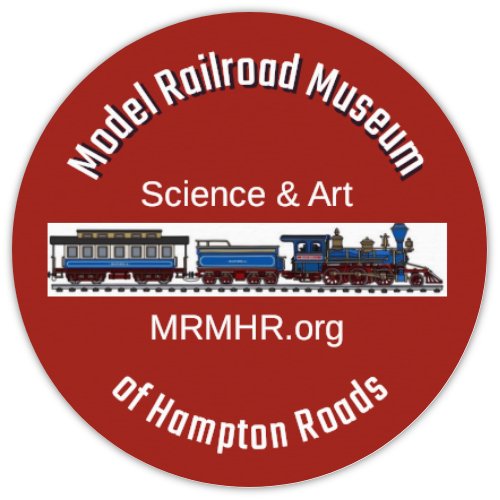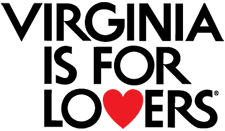Come Together
Making Tracks
November 2023
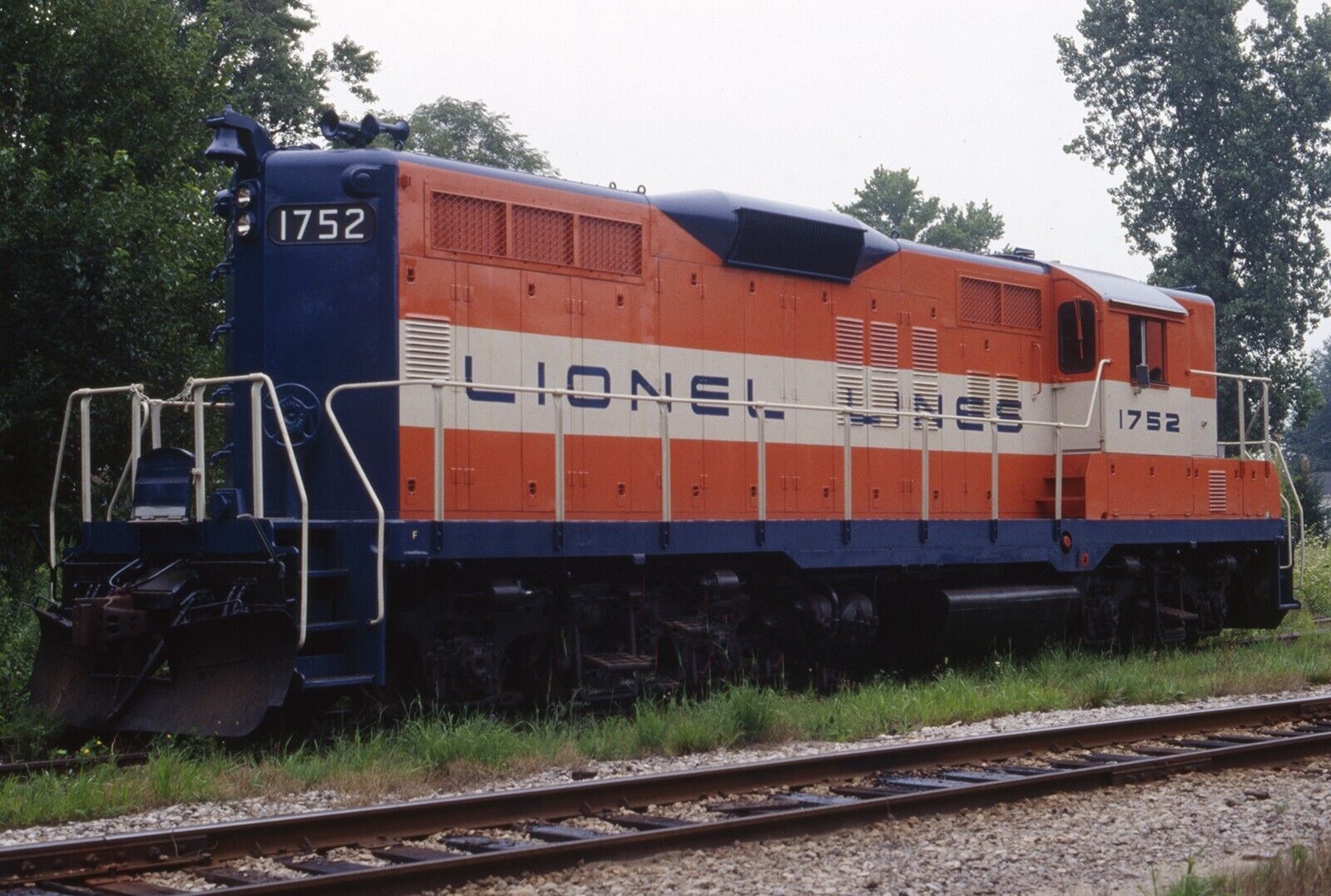 1993 LIONEL LINES GP9 #1752 on ADRIAN & BLISSFIELD, Mi
1993 LIONEL LINES GP9 #1752 on ADRIAN & BLISSFIELD, MiPart 4: The Birth of Virginia Beach
By Warren Leister
(Continued from Part 3)
From the Norfolk Day Book publication dated August 29 & 30, 1866 titled, “Notes from the log of an Editor,” {Author unidentified}
“At the invitation of Marshall Parks Esq., the President of the Albemarle and Chesapeake Canal Company, we joined an agreeable party of friends on a trip through the Canal, as far as Roanoke Island and Nag’s Head. We left Norfolk on the steamer Clinton, on Saturday afternoon last, and in a short time reached the lock {The only canal lock of the A&C Canal located at the western end of the Virginia Cut at the Elizabeth River southern branch at Great Bridge, Va.}. We passed the steamers Bettie and Chowan and several small schooners, laden with staves, shingles, and naval stores, bound for Norfolk, where they were consigned, and were glad to observe these evidences of the reviving trade {after the end of the war between the states}. The southern branch of the Elizabeth is winding, and the land on each side is characteristic of the region through which we passed, low flat, and marshy, in some of the portions immediately on the margin of the water. The banks of the canal are covered, for a considerable range, with luxuriant growth, which is evidence of the soil of which it is composed, being that which was dug up by the machines {previously mentioned iron titan steam shovels} used in the excavation. The growth, indeed, is becoming so thick and luxuriant, that it is contemplated to trim it during the fall, as we learned from the enterprising President of this important work, which, we fear, is not, perhaps estimated to the full extent of its great merits.”
“When we take into consideration the opposition which its projector encountered, the brief space in which the work was completed, and the prolific region of the country with which it connects Norfolk, too much praise for indomitable perseverance and commercial foresight, can not be awarded to those who undertook and completed successfully the great undertaking. We entered North Landing river and passed the celebrated Pungo at night, and anchored in the upper Currituck Sound, off Crow Island, which lies at the Southern extremity of Princess Anne county. On Sunday, we got underway and passed several small islands. Among them were Church’s, Monkey, and Brandyt Islands. The land in this region, a short distance in the interior was higher---and the land in this part of the Curritcuck is said to be fertile, the water abounding in the white chub, brown and speckled trout, and other species of the finny tribe with which we are all familiar. The period for hauling the seines {fishing nets} commences in November, and the work does not cease till April. The crops on Church’s Island are poor, as we learned from a gentleman who came off to us---as they are on Crow Island.”
“The former is about four miles long and one wide, and is inhabited by fourteen or more families. Potatoes and corn are the chief productions. A few families are settled on the sea coast side, engaged chiefly in fishing and grazing. We passed in this portions of our trip, prominent points of land, pointed out to us by the pilot as Whale’s Head, Piper’s Hill, and several prominent sand hills which formed a pleasing contrast to the wooded land. On the coast to our left stands the Club House, a building which has been erected by a party of about twenty Northern sportsmen, who resort here in the winter for the purpose of killing game, which affords them fine sport and in great abundance. Thousands of ducks, geese, plover, swan, and other game are ‘gathered in’ during the season. There are thick beds of prolific grass in the shallow portion of the Sound, to which these birds are attracted, and which affords them abundant food---and upon the margin are fine grazing grounds for cattle, in raising which a portion of the population find employment. We entered lower Currituck Sound from the upper Sound, through a passage called the Narrows, formerly an island. Here the land was low and marshy, and the margins abounded in a growth called the water brash or brush, which has a pretty purple flower, not unlike, at a distance, the crape myrtle, in appearance. After getting through the Narrows and entering the lower Sound, we hailed a small fishing smack, sloop rigged, with the ‘American flag’ flying, from which procured a snapping turtle, which was duly served in the mess on the following day, and was prodigiously enjoyed by our agreeable party’”
“The owner of the smack was a young fisherman, who sails about the Sound in search of these testudinata {is the group of all tetrapods including modern turtles}, in which occupation, during the season, he passes his life on the Sound. We asked him how he caught them, and he replied, ‘as soon as I see the head I make for him, and if he dives I job my hand down after him.’ The animal we purchased was a fierce specimen ...”
“At 1:30 p. m., on Sunday, we were off Dew’s Quarters, an island on our right---where there is excellent grazing, and on which we saw a number of fine looking sheep. On our left, on the coast side, we were abreast of what was once Caffey Inlet, which closed in the year 1800 Pig Point, a little to the northward of Powell’s Point, which is the Southern extremity of Currituck county, being ahead of us.”
“On Dew’s Quarter Island is a salt spring, which during the summer season is perpetually boiling over, covering the ground around for a considerable space, with its overflowings, and leaving the earth whitened by the residue, after the evaporation. The soil for the space of, perhaps two acres or more, being rendered unproductive. At 3 p.m. on Sunday, we arrived off the Rev. Mr. Gallop’s. Between this farm and the strip of wooded land hiding the ocean, is a creek or channel, in which we anchored. After dinner we went ashore to view the ocean---and penetrated the strip of land to which we have alluded. This was undulating, and abounds in cypress and live oak of the scrub species, pine, white oak, cedar, holly, and maple, and much of it is heart timber {Hard woods or Heart Pine}. If the undergrowth was cleared, as we have seen in some of the mountainous portions of our State, it could be made into a beautiful park, diversified with hill and dale, nature having already provided the deer which are said to frequent this strip.“
“After emerging from the woods we came to the sand, and after a brief trudging we reached the beach, and had a magnificent view of the ocean, and listened to its surging and dashing, and melancholy and monotonous moan, that eternal roar and roll and illimitable expanse, which have formed an apt emblem of eternity in an unbroken line on one part, as far as the eye could reach, and the surf was magnificent as it exhausted itself upon the sands. We remained here for some time, literally ‘gathering pebbles while an unexplored ocean lay before us,’ and watching the little busy sand birds as they chased each retreating billow, and like other fowls of the air were earnestly engage in the toil of gathering their daily food, tho’ laying up no stores for the future. As the retreating wave would be succeeded by the advancing one the little busy ‘toilers by the sea’ would rapidly retreat to the dry space, and hold themselves in readiness for the advance movement, which they repeated upon each retreating wave. The motion of their tiny feet being equally sprightly, and rapid, both in the advancing and retreating movements---eager to gather into their pointed bills what the retreating wave left to them, conveyed by old ocean for their sustenance.”
This concludes “Birth of Virginia
Beach Part 4” the next installment, Part 5, will be published in the MTMHR’s
December newsletter.
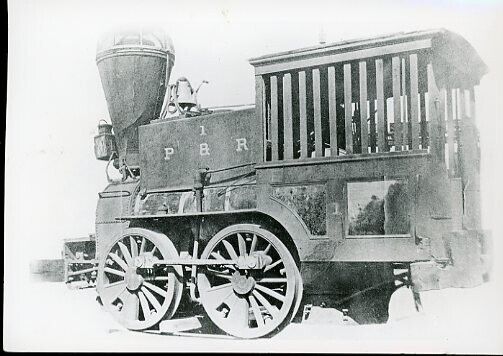 RDG-P&R No. 1
RDG-P&R No. 1Museum Overview
Our core group of museum volunteers and directors are working hard to bring this establishment to fruition. There is much to be done. We are searching for the appropriate space where we can be assured to have enough room to display at least ten or more state-of-the-art model railroads. We wish to work with local schools to help enhance their STEM programs and to provide a place where students can apply much of what they have learned about science, art, architecture and technology. We are looking for sponsorships and investments to help supply the initial capital to produce a high quality, modern facility that will be a joy to visit.
Everybody loves trains! Go to any train show and see how many people are there. This will be a community service like no other. Give us a call to learn more...757-816-8399.

Share this site on your favorite Social Media page!
Recent Articles
-
Making-Tracks-February-2026
Feb 07, 26 01:13 PM
Making-Tracks-February-2026. - Newsletter for the Model Railroad Museum of Hampton Roads -
Making-Tracks-January-2026
Jan 19, 26 07:01 AM
Official newsletter of the Model Railroad Museum of Hampton roads -
Making-Tracks-December-2025
Dec 14, 25 06:23 AM
The official newsletter for the Model Railroad Museum of Hampton Roads
The Birth of Virginia Beach
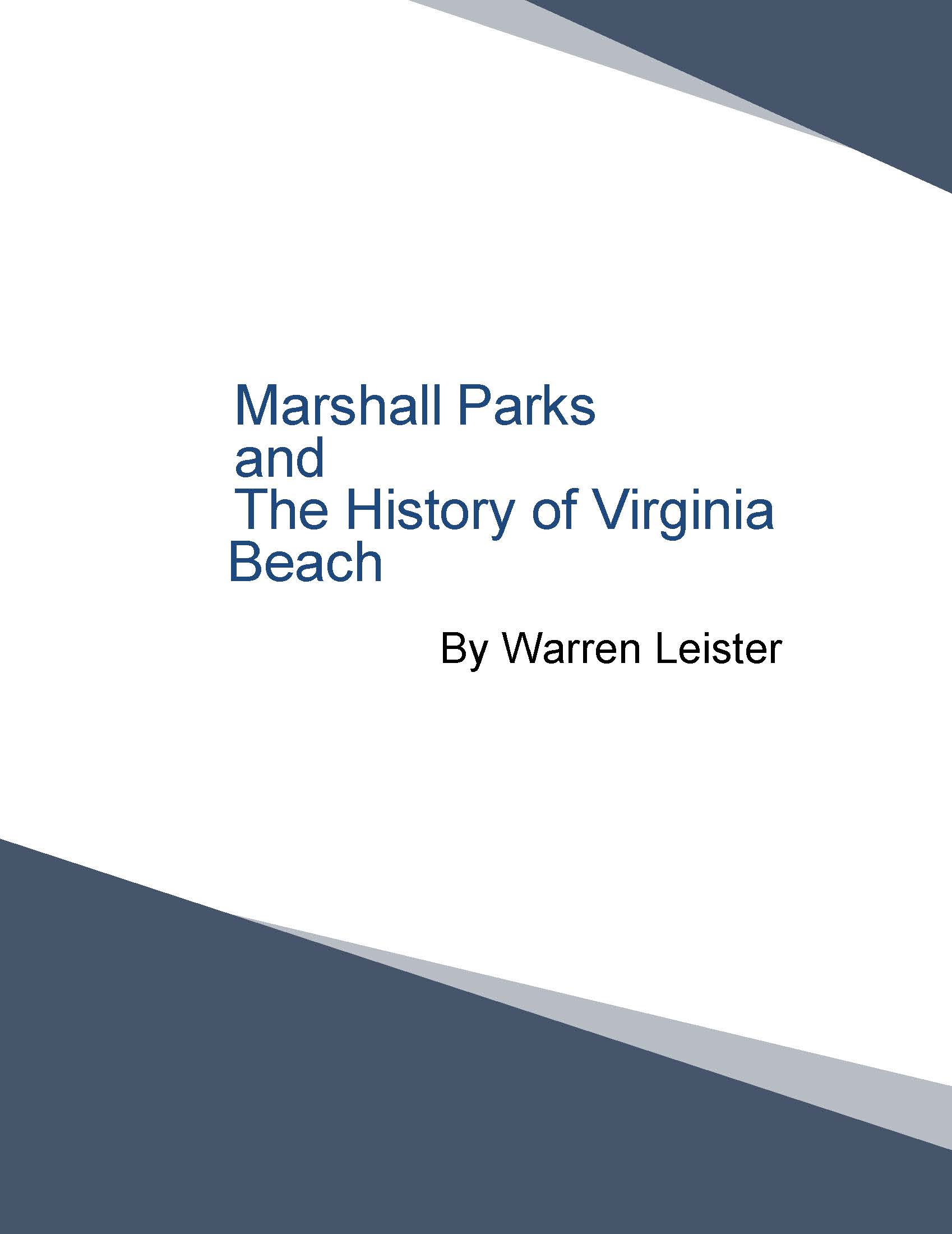
We have created and published a new historical document on the Birth of Virginia Beach. This has been written by our historian Warren Leister after researching the era and the people involved for several years. Excepts have been published here in our newsletter previously, but the information is now available all together in a 99 page document that you can purchase in our store. It factually explores the events, the dedicated people and the interesting culture in which they lived. Pick up your copy today!
The Model Railroad Museum of Hampton Roads is a fantastic community center based on running, operating and even building your own model railroads! There's something for every age here.
Learn about the real history of this area and how important it was in the building of America. Watch how railroads were built, the people involved, where America's roots were formed.
As they build their own railroads, students will be learning about science, electronics, architecture, technology, engineering, mathematics, and the art of 3 dimensional model landscaping. They can earn rewards for completing projects and winning contests.
Try to solve yardmaster problems on a switching layout like getting the lumber from the forest to the furniture store, by way of the saw mill and the lumber yard.
Run your train around blockades and other trains to get to the station on time without speeding or crashing.
Play railroad monopoly using model railroads. Winner is the one who can collect the most cars into his yard within an hour.
There will be programs for autistic and special needs kids, disabled adults and veterans.
School tours. Holiday Shows. Library and video rooms. Even youngsters will have their own wooden models to enjoy. There are classes and hands-on clinics for adults. Learn how to get started in the hobby. Or just enjoy the fun.
Everybody loves trains and this will prove it! Just click on the either the blue DONATE button below to make it happen...
PayPal Giving Fund:
No Credit Card Fees
OR...
Charitable Donations through PayPal, Credit or Debit cards:
(Opt in or out of paying credit card fees)
Get Updates and Special Offers in
the MRMHR Newsletter:
Making Tracks
Sign Up Here...
The official newsletter for the Model Railroad Museum of Hampton Roads

